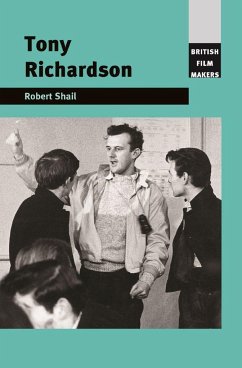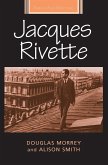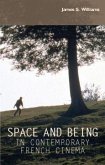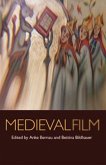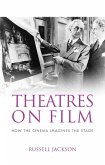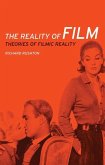Tony Richardson was one of the key figures in the revolution which hit British cinema in the 1950s and 1960s. Having established his radical credentials as director of the first production of John Osborne's landmark play Look Back in Anger, he became the most productive of the New Wave film makers who brought realism to the fore in British cinema. He went on to make some of the most significant films of the 1960s including the multi Oscar-winning Tom Jones and the incendiary The Charge of the Light Brigade. Yet Richardson remains a neglected figure, often overshadowed by his friend and New Wave colleague Lindsay Anderson. This detailed and authoritative account of Richardson's career provides a fresh reassessment of his achievements. As well as looking at his more renowned films, it considers neglected and frequently misunderstood work such as Ned Kelly and Joseph Andrews, illustrating how Richardson always remained a champion of the outcast and the socially marginalised. The book examines his collaborations with gifted technicians and writers, as well as his role as producer which included the creation of Woodfall, one of the most innovative film production companies of the period. In mapping out his entire career, from the English Stage Company to his final films in America, Shail re-establishes Richardson's position in the front rank of British film directors, celebrating his innovative approach to technique, and confirming his contribution to the dynamic change which took place in British culture during the 1950s and 60s.

